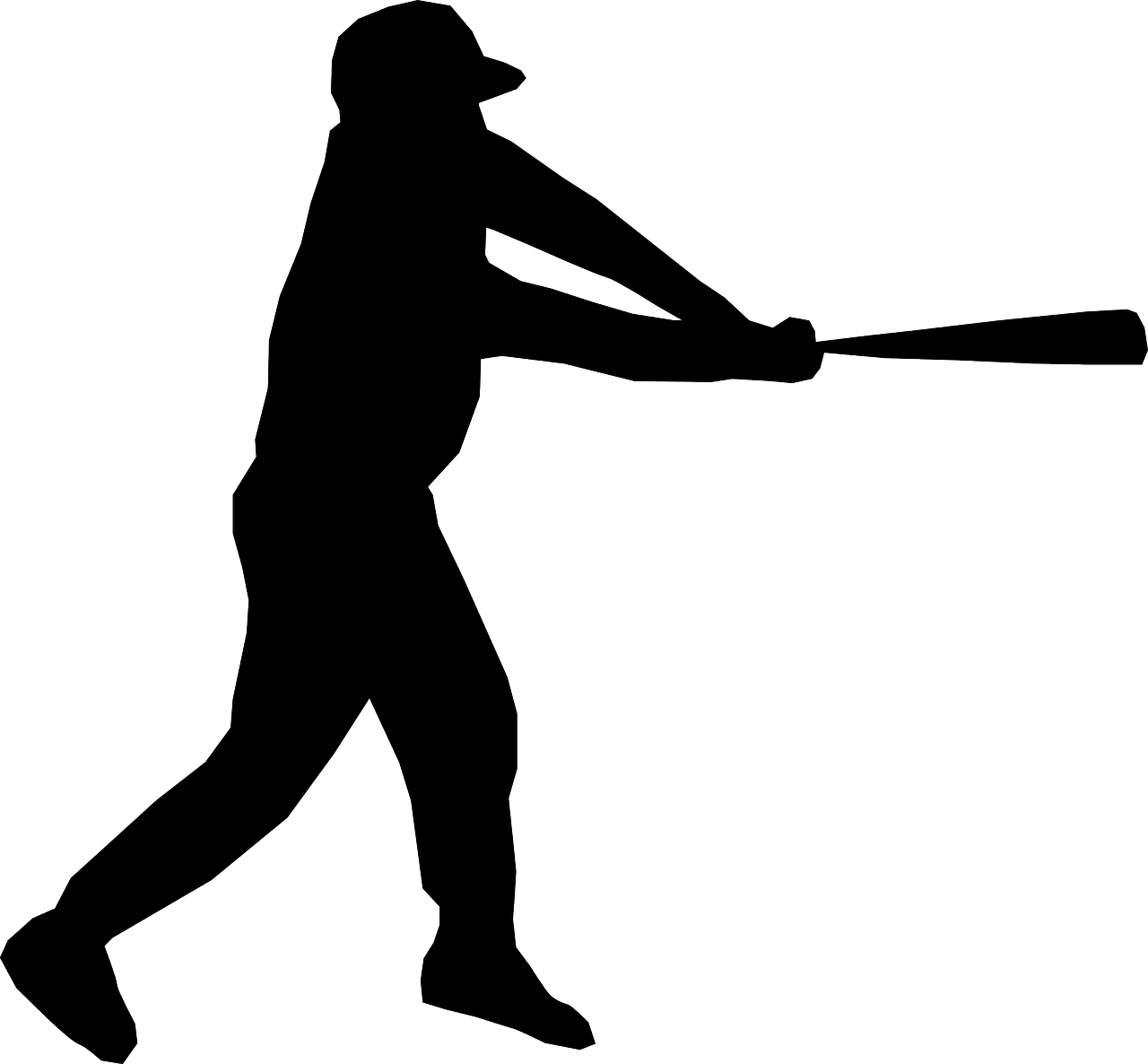Happy baseball season!! Another year, another opportunity to repeatedly throw on your Astros gear and remind everyone who’s the best in the AL West.
The season is officially in full swing and baseball fans across the country (and Canada) are ready to cheer on their favorite teams. While I’ve enjoyed listening to games on the radio and watching them in the comfort of my own home, catching a game in the stadium is definitely something special. And if 2024’s attendance numbers are any indication, fans are in agreement. Over 71 million people went to MLB games last year, with the Houston Astros averaging 35,003 people per game.
But even though we look forward to snagging a seat in the stadium, it’s not all fun and games. Catching a foul ball is one of the best things that can happen to a fan. Getting hit by a foul ball, though? Incredibly painful. Baseball is an old sport, and no matter which source you cite, it’s not too far from its 200th year anniversary. So, it’s no surprise that foul balls have been around for a long time too. The first time a fan took the issue of foul ball injury to court was in 1913, in Crane v. Kansas City Baseball & Exhibition Co. The court decided in favor of Kansas City, and this would be the origins of the Baseball Rule.
The Baseball Rule is a legal doctrine that professional baseball teams have limited liability regarding injuries caused by foul balls and baseballs leaving the field. The reasoning is that baseball has an inherent risk of balls flying into the stands, and by attending that game, people are accepting that risk. On the teams’ side, they have to meet two standards: first, teams are expected to install netting to protect the area of their stadiums most at risk, and second, teams must have an adequate number of screened seats to meet demand for protected seating during a game. If a team meets those requirements, then under the Baseball Rule, they are considered to have met the duty of care owed to attendees and cannot be held legally liable for their injuries.
The Baseball Rule is common law and has been upheld as precedent for over 100 years. It has actually only been codified in four states: Arizona, Colorado, Illinois, and New Jersey. While the rule has been embraced by MLB teams, there has been growing sentiment among courts and fans that it is outdated.
Nathaniel Grow and Zachary Flagel point out in their work, The Faulty Law and Economics of the “Baseball Rule,” that courts have held “the most dangerous area” of a stadium to only be the “sections of seats located immediately behind home plate.” Given how the game has changed, that might not be adequate anymore. Pitchers throw faster and batters hit harder now then they have in the past, creating a much larger area for baseballs to go flying into. This creates a problem, as netting has not kept up. There is also the fact that, with balls coming off the bat harder and faster than ever, there is even less reaction time now. The best of MLB’s bats regularly hit a baseball over 100 miles an hour. Houston Astros’ own Yordan Alvarez has hit a homer at 117.7 mph.
“Even if I’m watching a game, and a 105 mph foul ball comes at me, and I’m ready for it, there’s still a good chance I could miss it.”
Another factor in increased risk is that fans sit closer to the field than before, with Grow and Flagel estimating that attendees are 21% closer to the action. Which means the ball needs less time to travel to the stands and fans have less time to react. The combination of closer proximity and higher speeds leave fans with little time to duck.
“For a foul ball hit at 80 miles per hour, this means that a fan in 1920 would have had around six-tenths of a second to shield themselves from the ball, while a fan today would have less than one-half of a second to react.”
And this is without taking into account that season tickets are now common and might leave fans with little opportunity to chose a protected seat. There are also far more distractions now at a baseball game, then there were a hundred years ago, dividing fans’ attention. Also, should the Baseball Rule even be applied to things that are not baseballs, such as t-shirts or hot dogs that are launched into the crowd?
As injuries rack up, courts, the legislature, and even MLB itself are considering what they can do to better protect fans. The courts have declined to apply the rule in recent cases, critics are pressuring Congress to act, and MLB has mandated more screening. The Baseball Rule might be in its final chapters as legal doctrine, but baseball will be around for at least another two centuries.
So this season, whether you choose to watch from your couch or in the crowd, let’s wish everyone a great (and safe) game. Go ‘Stros!






